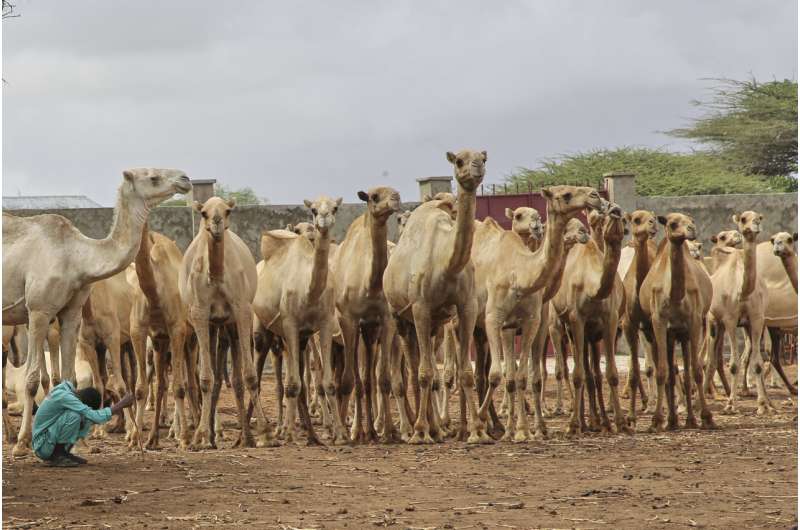
Adoption is a noble act that transforms lives, offering children a chance for a better future. However, beneath this hopeful narrative lies a complex landscape of disparities, especially concerning access to essential health coverage. Recent studies and reports reveal that adopted children encounter significant challenges in obtaining equitable healthcare, with the type of adoption playing a critical role in determining their access. In this comprehensive exploration, we will examine the various facets of these disparities, identify the underlying causes, and discuss potential solutions to ensure that every adopted child receives the healthcare they deserve.
Understanding Adoption Types and Their Impact on Healthcare Access
Types of Adoption and Their Characteristics
Adoptions can generally be categorized into several types, each with unique legal, social, and logistical nuances:
- Domestic Private Adoption: Adopted through private agencies or directly from birth parents within the same country.
- Public Agency Adoption (Foster Care Adoption): Adoption of children from the foster care system, often involving state agencies.
- International Adoption: Adopting children from other countries, which involves additional legal and logistical processes.
- Kinship or Relative Adoption: When a child is adopted by a family member or relative.
Each category influences not only the emotional and social aspects of adoption but also significantly impacts the child’s access to healthcare coverage, services, and resources. Notably, the difference in healthcare access becomes particularly stark in cases involving foster care and international adoptions.
Disparities in Healthcare Coverage for Adopted Children
Barriers Faced by Foster and Publicly Adopted Children
Children adopted from foster care or through public agencies often face systemic challenges that hinder their access to comprehensive health coverage:
- Lack of Continuity in Coverage: Many foster children experience frequent changes in healthcare providers and insurance plans due to systemic transitions.
- Limited Enrollment Opportunities: Administrative hurdles and lack of awareness impede timely enrollment in suitable health programs, such as Medicaid or State Children’s Health Insurance Program (CHIP).
- Insufficient Post-Adoption Support: Once adopted, some children are not seamlessly transitioned into private insurance coverage, leading to gaps.
Challenges for International and Kinship Adoptees
International and kinship adoptees, on the other hand, face their unique set of hurdles:
- Language and Cultural Barriers: These can impede understanding of the healthcare system and available services.
- Complex Legal Processes: Navigating the legal requirements for health insurance transfer and compliance can be daunting.
- Limited Awareness of Rights: Adoptive families may be unaware of eligibility for certain health programs or benefits, especially when adopted abroad.
Factors Contributing to Healthcare Disparities
Legal and Policy Gaps
One of the core issues lies within the inconsistencies and gaps in policies governing healthcare coverage for adopted children. While some states have robust programs ensuring access, others lack comprehensive policies, leaving many children underserved.
Socioeconomic Barriers
Adopted children often come from diverse socioeconomic backgrounds. Families with limited financial resources may struggle to afford private insurance plans, resulting in increased reliance on public assistance programs that may not be universally accessible or adequately funded.
Awareness and Outreach Deficits
Many adoptive families remain unaware of their eligibility for specific health programs or the procedures required to access them. Outreach efforts often fail to address the unique needs of different adoption types, exacerbating disparities.
Implications of Healthcare Disparities
Health Outcomes
Children lacking consistent, adequate healthcare coverage are at increased risk for untreated medical conditions, developmental delays, and mental health issues. Early diagnosis and intervention are crucial for favorable outcomes, but gaps in coverage hinder these efforts.
Psychological and Emotional Well-being
Health disparities can also affect mental health. Children who do not receive appropriate healthcare support may experience heightened stress, trauma, or behavioral challenges. Ensuring access to comprehensive health services is essential for their emotional stability.
Long-term Societal Impact
Disparities today echo into future societal costs, including increased healthcare expenses and reduced productivity. Addressing these issues at the adoption stage is vital for fostering healthier, more resilient communities.
Strategies and Solutions to Bridge the Gap
Policy Reforms and Legislation
- Standardizing Coverage Policies: Implementing uniform policies across states and adoption types to ensure all adopted children have access to essential health coverage.
- Enhancing Medicaid and CHIP Accessibility: Simplifying enrollment procedures and increasing awareness among adoptive families.
- Legal Support for International Adoption: Streamlining legal processes related to health coverage transfer post-adoption.
Improving Outreach and Education
- Targeted Awareness Campaigns: Educating adoptive families about their rights and available health services.
- Collaboration with Adoption Agencies: Ensuring agencies provide comprehensive guidance on healthcare access during and after the adoption process.
- Community Support Programs: Offering resources tailored to specific adoption types, addressing language barriers, and cultural differences.
Enhancing Post-Adoption Support Services
Implementing structured post-adoption health review programs can aid in continuous monitoring and addressing emerging health needs of adopted children. These programs should include:
- Regular health assessments
- Integrated mental health support
- Family counseling and support networks
The Role of Families and Communities
Families adopting children must be proactive in understanding the nuances of healthcare coverage. They should seek assistance from social workers, healthcare providers, and support groups to navigate complex health systems effectively. Community organizations can also play vital roles in advocating for policy changes and providing supplemental resources.
The Path Forward
Addressing the disparities faced by adopted children in healthcare coverage requires a multi-faceted approach involving policymakers, healthcare providers, adoption agencies, and families. Ensuring equitable access not only improves individual health outcomes but also strengthens societal cohesion. Our collective responsibility is to advocate for policies that recognize and rectify these disparities, making adoption a true gateway to better health for every child.
In conclusion, the type of adoption profoundly influences access to health coverage, with foster care and international adoptions often facing more barriers. Recognizing these disparities and actively working towards policy reform, education, and comprehensive support systems are essential steps toward a more equitable future for all adopted children.
For more updated news please keep visiting Prime News World.








